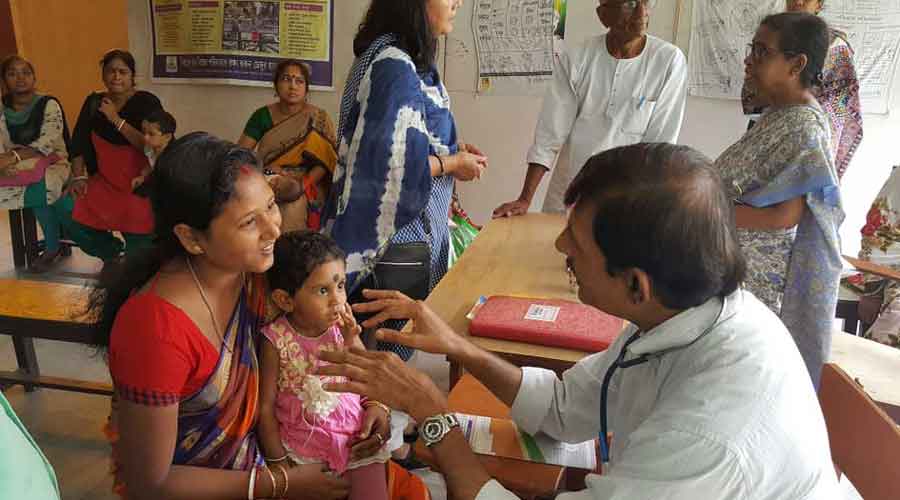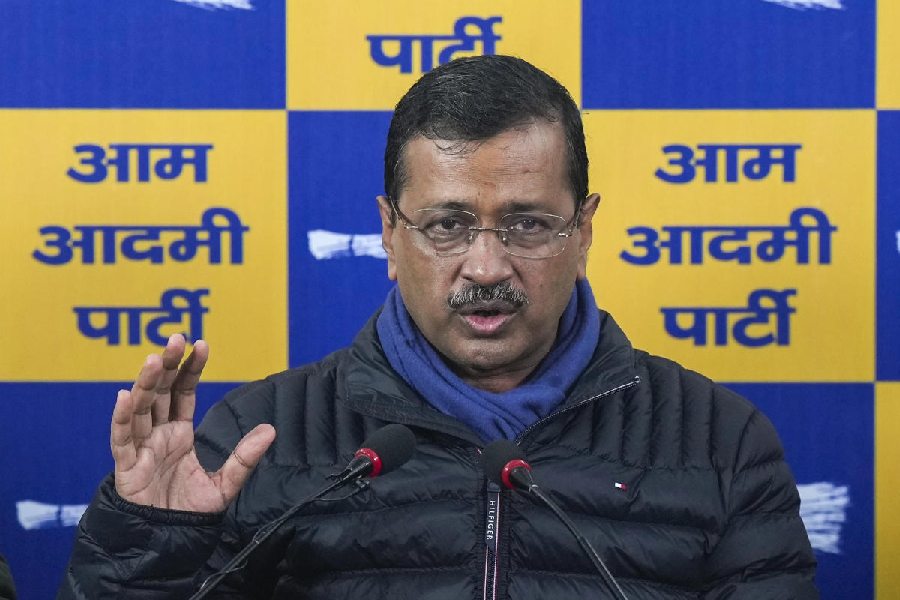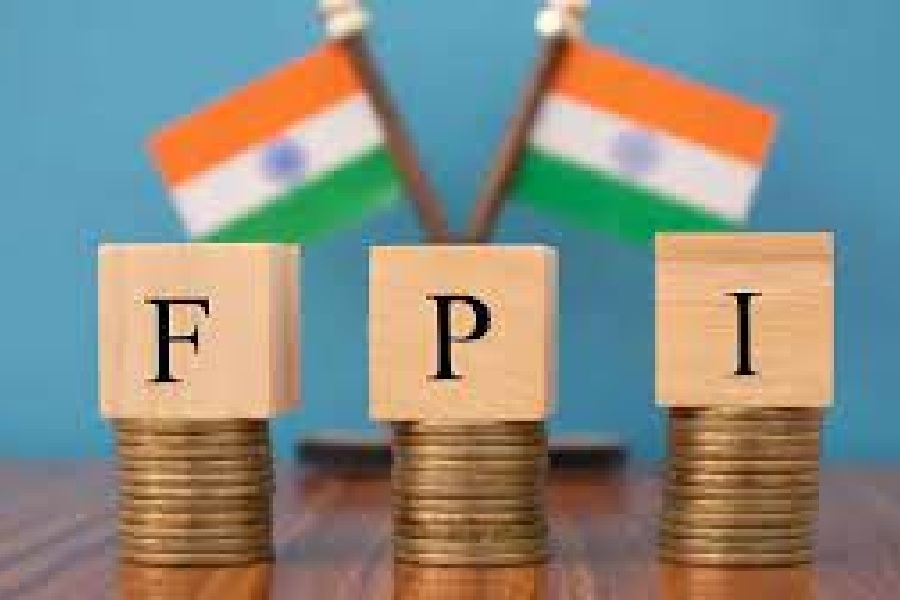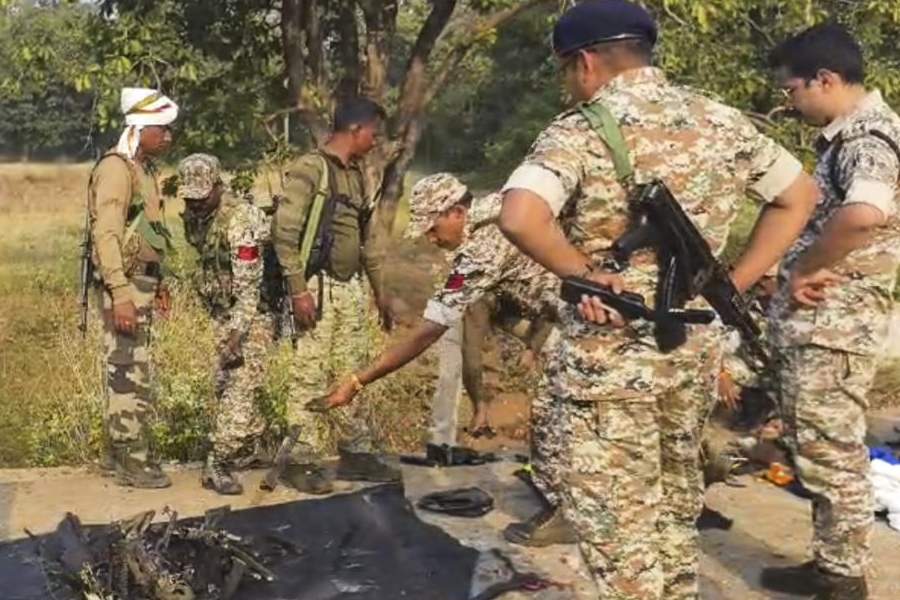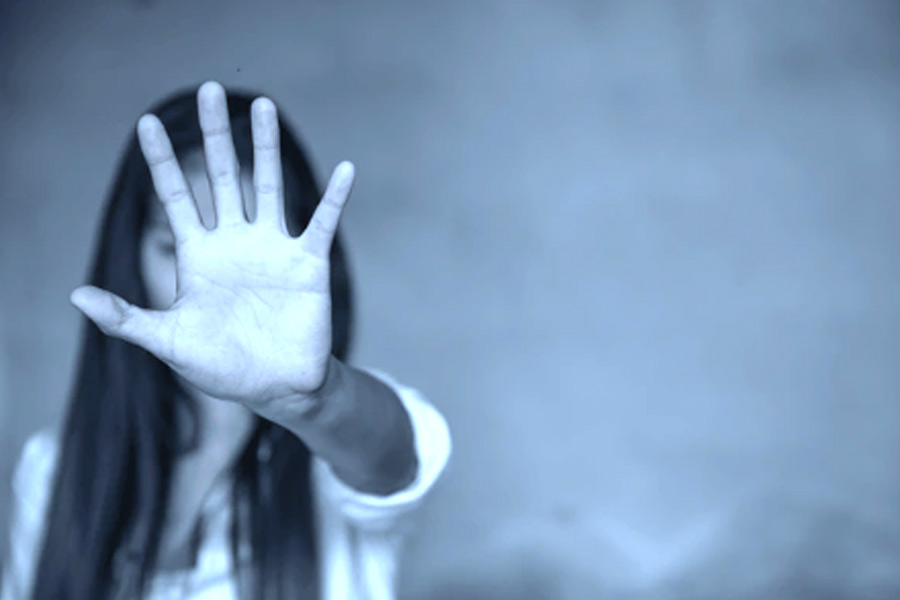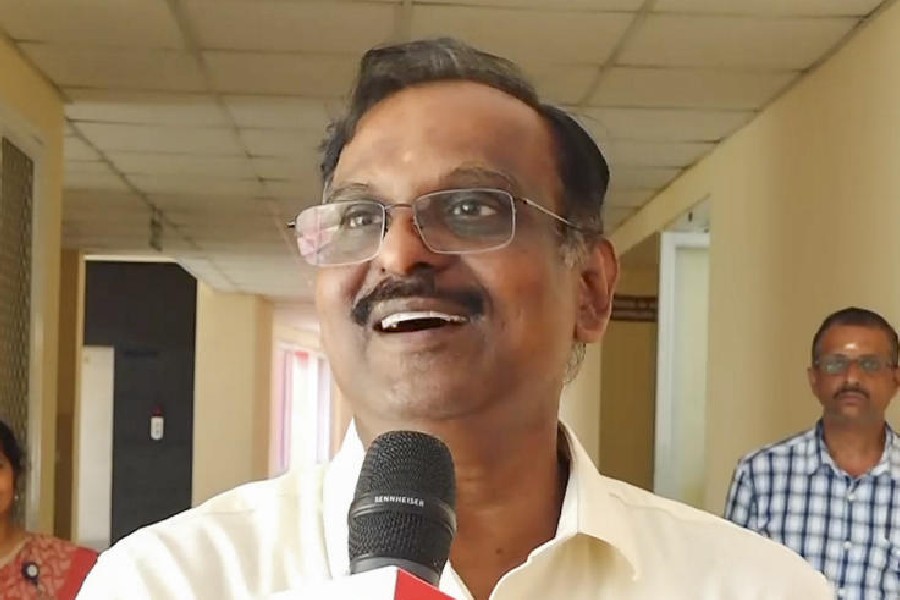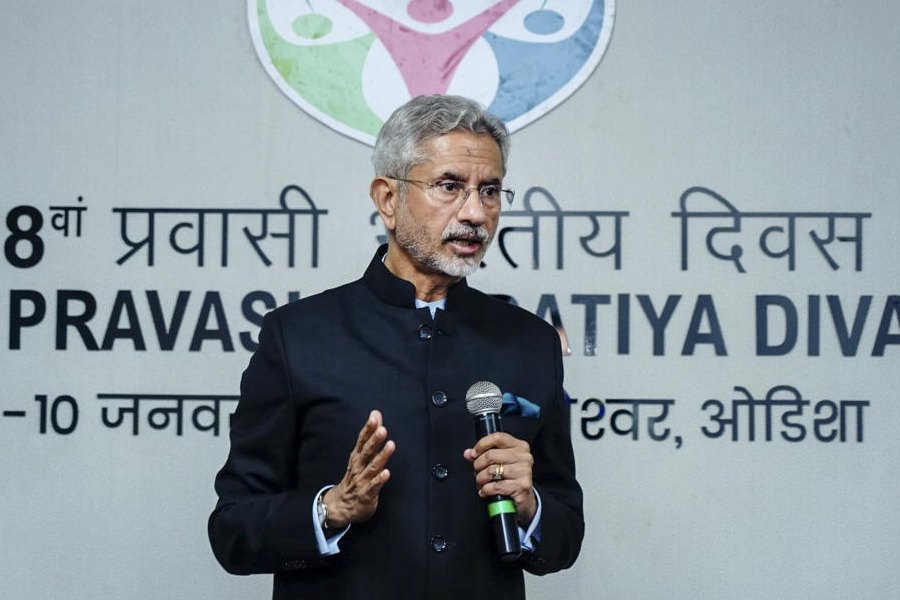The post-pandemic world of children and adolescents would not be the same as it used to be earlier.
Professor Shekhar Sheshadri, who just retired from the National Institute of Mental Health and Neuro Sciences, Bangalore, said this while addressing nearly 300 delegates of the 16th biennial conference of Indian Association of Child and Mental Health (AICAM) that concluded in Ranchi on Sunday.
The three-day conference that had “Child and mental health in changing time: Opportunities and challenges” as its theme was hosted jointly by the AICAM and the Centre for Child and Adolescent Psychiatry of the Central Institute of Psychiatry, Ranchi, and held in hybrid mode when most of the outstation delegates attended it virtually.
“The pandemic may have helped increase interaction within the family but, with schools closed during the lockdown, inter-personal relationship in the society deteriorated, affecting the mental health of children and adolescents and their overall development,” Prof Sheshadri said.
Speaking on “The youth mental health crisis: How India should response”, Professor Vikram Patel of the US who is also closely associated with Sangath, an NGO in India, suggested that activities associated with implementation of government developmental schemes meant for children and adolescents would be helpful.
Citing a study report, he said a model involving training of anganwadi workers in the basics of child mental health would help address the problems at an initial stage.
“When the pandemic has increased the mental health problems and National Crime Records Bureau reported rise in suicide cases, some model needs to be developed for addressing the concerned issues,” said Dr Nishant Goyal, organising secretary of the event, adding the suggestion of Prof Patel sounded encouraging.
“Covid is a new challenge but it reminded us that our services need to be always ready to change and adopt as we face new challenges and work with limited resources,” added AICAM secretary-general Dr Chhitij Srivastava.
Reminding that India is the home to largest number of children, Dr Satya Raj of the Christian Medical College, Vellore stressed that it was important to help them thrive in this country.
“Infant mental health is a rapidly growing field and establishing services to address this is the need of the hour,” she said, emphasising improvement in awareness of both the professionals and public.
While others touched upon topics like substance use or even mobile phone use among children and adolescents, Dr Sincy Tressa Joseph from Bangalore alerted about their eating disorder.
“Eating disorder is one of the most life threatening psychiatric condition, with high fatality rates,” she informed and presented a case series of three adolescents with eating disorders, showing they had common comorbid psychiatric diagnosis.

